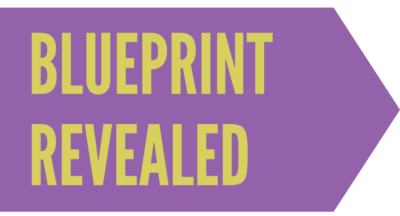Blueprint Revealed: Explaining How Systems Continue to Create Barriers for People Today
 Each week, Dismantle Poverty’s Megan Matthews answers a question about the Poverty Reduction Work Group’s mission to reduce poverty and inequality in Washington State.
Each week, Dismantle Poverty’s Megan Matthews answers a question about the Poverty Reduction Work Group’s mission to reduce poverty and inequality in Washington State.
Here’s this week’s entry.
“In a previous blog you wrote that our systems continue to create barriers for people today. What does that mean?”
Great question!
“Poverty is a policy failure, not a personal one.” This statement was made by Mayor Libby Schaaf, Mayor of Oakland California.
If we look from a systems level, we see the gaps in service from where one program ends and another one begins; the differences in eligibility for programs; how difficult it may be to learn about any and all programs you may qualify for or you are trying to navigate to get licenses or certifications; and the difficulty you may have in contacting agencies or completing applications.
Laws, policies, and procedures that help to inform employees on how to accomplish work and distribute benefits can also create problems because every individual is unique and has unique needs. But our processes are made in a one-size-fits-all process. How can they then satisfy the needs of all of the individuals in our community?
Yes, we all have personal choices, but our choices are limited by our options. The options that we are aware of that may be less than the options that are actually available to us.
To submit questions, email Megan here or use the Contact page on this website.


